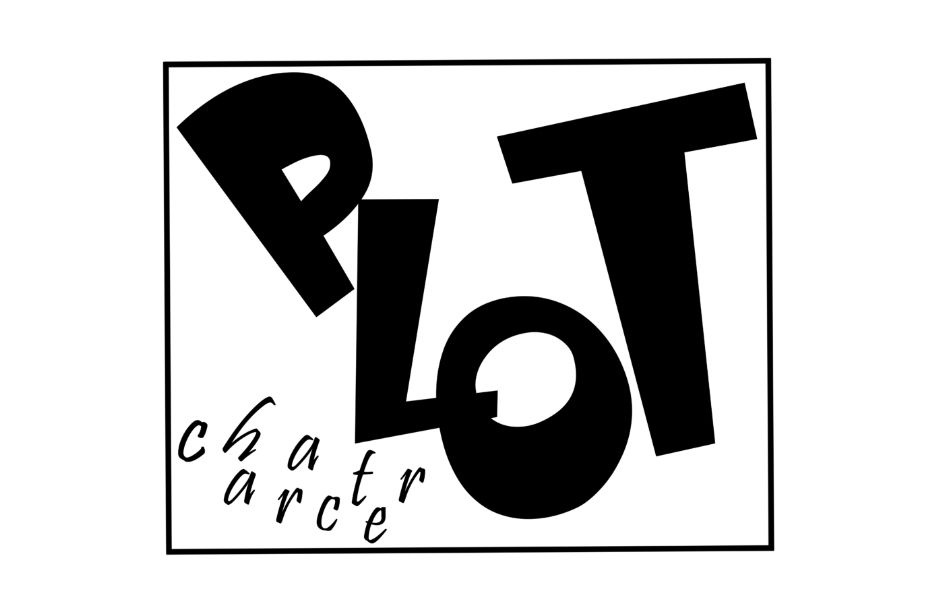Reading to Surpass Identity
- Bettina Caluori

- Jun 17, 2020
- 2 min read
Updated: Jun 27, 2022

“Way to get a piece of it!” A father shouted this at his daughter from the sidelines of a girls’ softball game after she struck out but showed latent power in that failure. I marveled at his gusto for her competitive spirit, and more broadly at the fathers who left work early to coach my daughter’s softball league, unexpected feminists nurturing fierce competitors.
Recently, I have tempered the appreciative wonder imbued in this memory, however. A part of me sighs and keeps the feminism I imagined in those fathers in perspective. They were helping their daughters take the field in a modified men’s game. They were sharing their own territory, yes. It did not signal, however, that they perceived any value in areas defined by women, in women’s intellects or imaginations. They might excuse themselves from reading chick lit, for example, even though women are skilled readers of bro lit.
If bro lit worked like chick lit, I could dismiss this whole category of authors with a wave of my hand. The Great Gatsby? Not a woman in that novel I can identify with. Novels by William Faulkner? Well, I wrote a dissertation about him, but again, not a woman or experience I could relate to directly. I don’t know what came over me. Ralph Ellison? V.S. Naipaul? Don DeLillo? Salmon Rushdie? I’m just not curious.
Reading to surpass identity turns out to be a cultivated skill, even an ethical exercise, and one too many readers neglect to develop. Perhaps as a society we spend too much time celebrating the easy pleasure of identification. When we cannot identify, we require fascination in the manner we expect to be fascinated, another assumption worth examining.
At my college, we overcome reading to satisfy the limits of identity each time a student who isn’t African-American enrolls in an African-American literature course. When I advise students, I sometimes encounter an initial reluctance to register. A white student says simply, with seeming neutrality, “I’m just not very interested in that.” I argue if a person wants to claim knowledge about American literature, then reading African-American literature is a must. Reading shouldn’t always be about finding a mirror image of oneself; in fact, if that were true, and the best test of a good read, then I would feel both discouraged and doomed.
Luckily, it’s not. For years I taught Balzac and the Little Chinese Seamstress, a novel by Dai Sijie, a Chinese immigrant to France, set in China during the Cultural Revolution. My students, male or female, Black or white, Hispanic or Asian, young or old, urban or suburban, enjoyed it. Once it was assigned and they were forced to read it, that is. A work of fiction doesn’t have to be someone’s favorite form of entertainment to be worthy.
The world, especially lately, seems in need of being saved from excessive entertainment and mirror-gazing. To all those open-minded men out there who put novels by women back on the shelves, I ask, does any good come of that choice? To everyone, why not venture beyond familiar territory and choose a reading frontier instead?


Comments